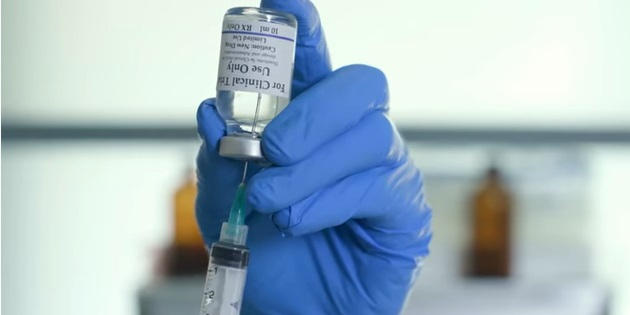The University of Oxford's probable coronavirus or COVID-19 vaccine might be rolled out by the end of the year but there are chances that it will not happen, the lead developer of the vaccine mentioned on Tuesday.
The experimental vaccine that got licensed by AstraZeneca for mass production and distribution produced an immune response in the early stage of the clinical trials, data made the whole world aware raising the hopes that mankind will be able to get their hands on the 'holy grail' of coronavirus by the end of 2020.
"The end of the year target for getting vaccine rollout, it's a possibility but there's absolutely no certainty about that because we need three things to happen," Sarah Gilbert told BBC Radio.
COVID-19 Vaccine Might Come in 2021

The researcher mentioned that the candidate needs to work in the late-stage trials, large quantities need to be manufactured, and also the regulators are required to agree fast to license it for emergency use. "All of these three things have to happen and come together before we can start seeing large numbers of people vaccinated," she mentioned.
The scientists of Oxford had targeted a million doses of the vaccine by the end of September. Although the deal with AstraZrnrca has given the opportunity to manufacture that quantity, the lower prevalence of the deadly novel virus in the UK has complicated the process. Late-stage trials are getting conducted in Brazil, South Africa, and are yet to start in the US.
"The crucial thing is that we get enough people exposed to the virus who've also had the vaccine that we can actually get some proper adjudication of whether it prevents the disease and remains safe," John Bell, Regius Professor of Medicine at the University of Oxford stated.
Coronavirus Crisis
"We're hopeful, particularly given the low incident rates in the UK that the individuals recruited in Brazil and South Africa will ultimately be able to provide us with the data," he added. Currently, there are no vaccines approved for treating the coronavirus but the WHO has a lot of faith in Oxford's candidate.
The deadly virus outbreak has created a major stir around the world in recent times infecting more than 14.7 million people globally and claiming the lives of 610,000 people worldwide in more than 170 countries. Scientists around the world are working at a rapid pace to find a cure for the disease, which has affected the US the most followed by Brazil and India.









